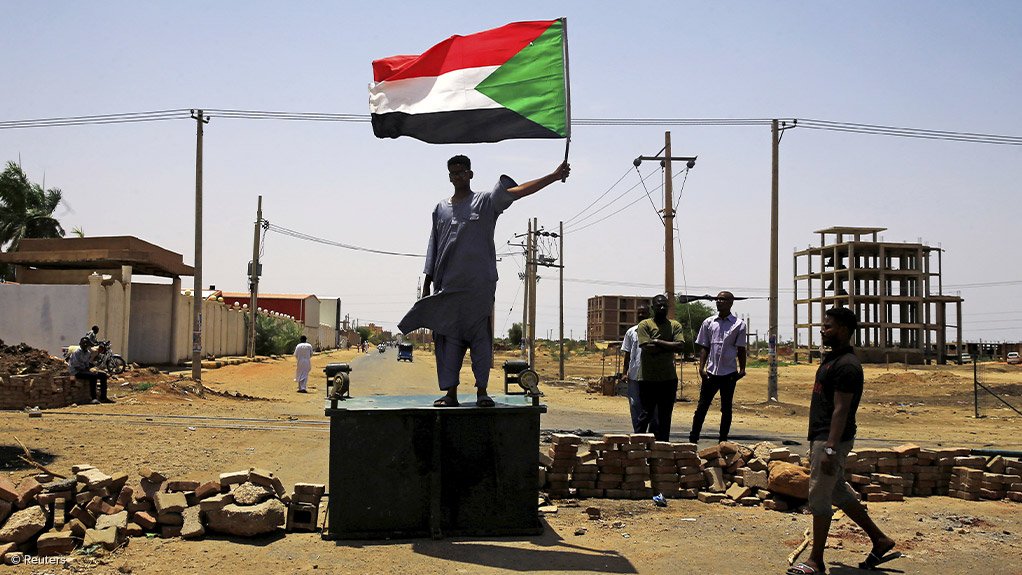According to the United Nations (UN), Sudan is facing its worst food security crisis in recent history, where 9.6-million people face severe food shortages.
Speaking at a briefing recently in New York, UN secretary spokesperson Stéphane Dujarric said these numbers were the highest ever recorded in the history of the Integrated Food Security Phase Classification analysis in Sudan, wrote Voice of America.
The Guardian reported that the Famine Early Warning Systems Network said many people would require emergency food assistance until at least September as “very high staple food prices and Covid-19 control measures significantly limit food access during the lean season".
Many of those affected live in the conflict zones of South Kordofan and the Blue Nile State, but almost all of Sudan’s 18 states have registered some level of hunger, including the capital Khartoum, wrote the Guardian.
The UN’s World Food Programme (WFP) maintains that high inflation in Sudan continues to reduce households’ purchasing power and people are unable to meet their basic needs. An average local food basket takes up at least 75% of household income.
The WFP said Sudan continues to face persistently high levels of acute malnutrition and stunting, which constitute a significant public health problem. National prevalence of global acute malnutrition – too thin for height – is 14.1%.
“One out of three Sudanese children are undernourished and do not grow to their full cognitive and physical potential.”
According to the Guardian, UN agencies working in the country have warned of severe consequences.
“If no measures are taken, people may slide into chronic food insecurity and poverty and perpetual high vulnerability to future hazards,” said Woo Jung Kim, communications officer at the WFP in Sudan.
According to the UN and its humanitarian partners, they have provided food assistance to an estimated 2.3-million people in the first quarter of 2020, but Dujarric said more has to be done and more funding is urgently needed.
Sudan has been mired in conflict since the 2018 ousting of long-time leader Omar al-Bashir, who ruled the country for three decades.
In August 2019, military and civilian leaders signed a power-sharing deal, forming a transitional government.
The transitional period faces many challenges, including Sudan’s economic crisis. Authorities have embarked on reforms but have yet to provide justice and accountability for past crimes, writes Human Rights Watch.
EMAIL THIS ARTICLE SAVE THIS ARTICLE
To subscribe email subscriptions@creamermedia.co.za or click here
To advertise email advertising@creamermedia.co.za or click here











